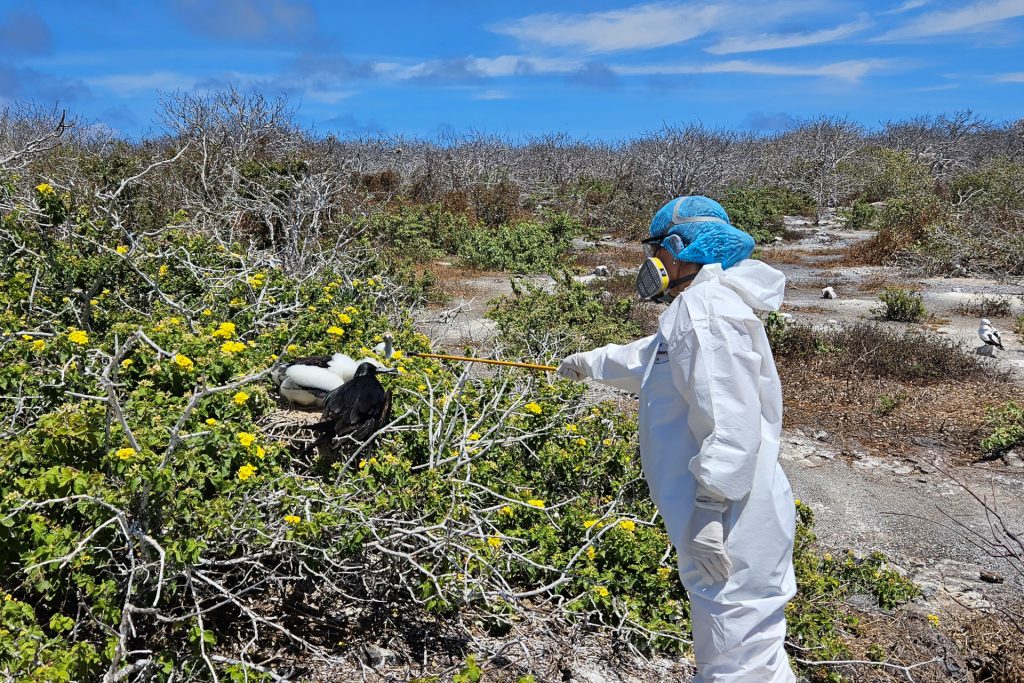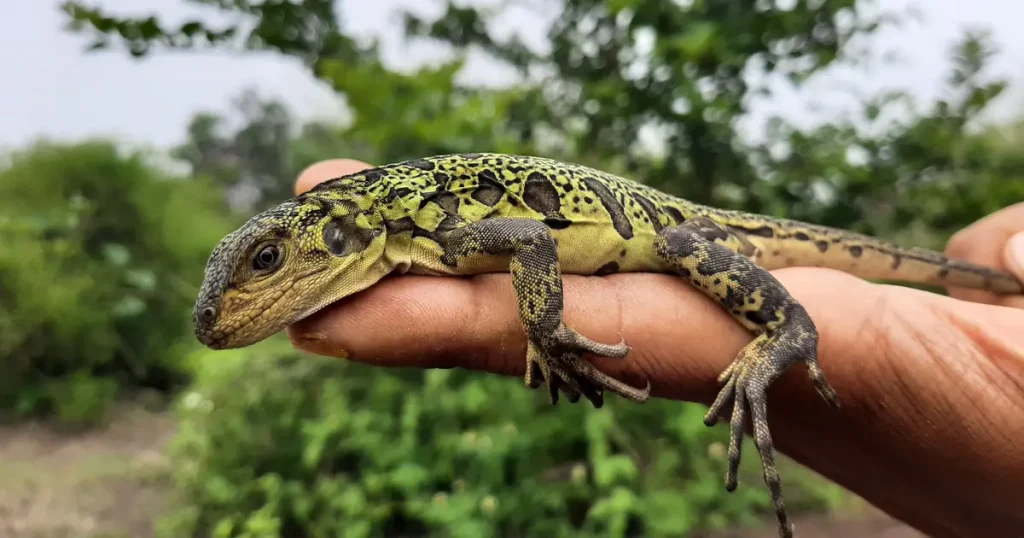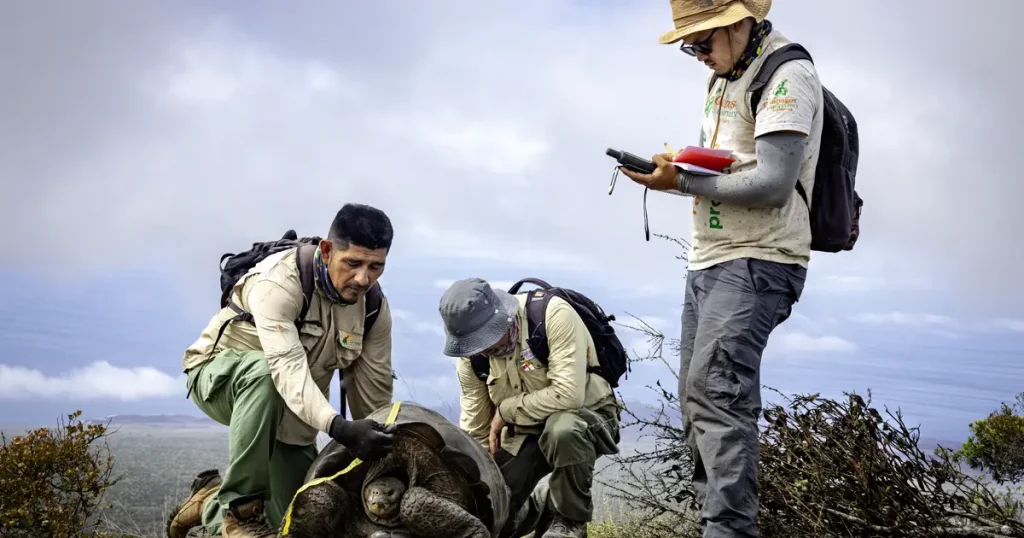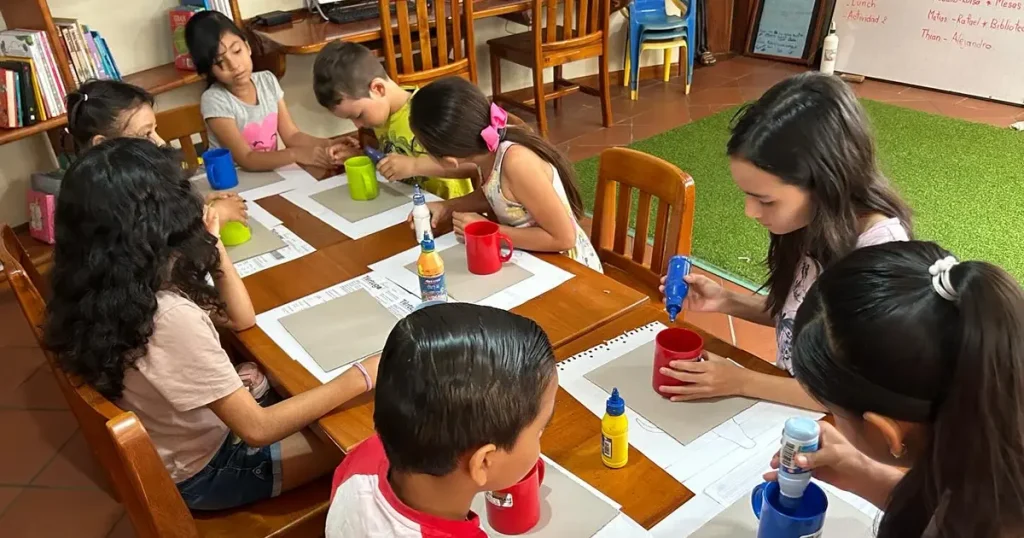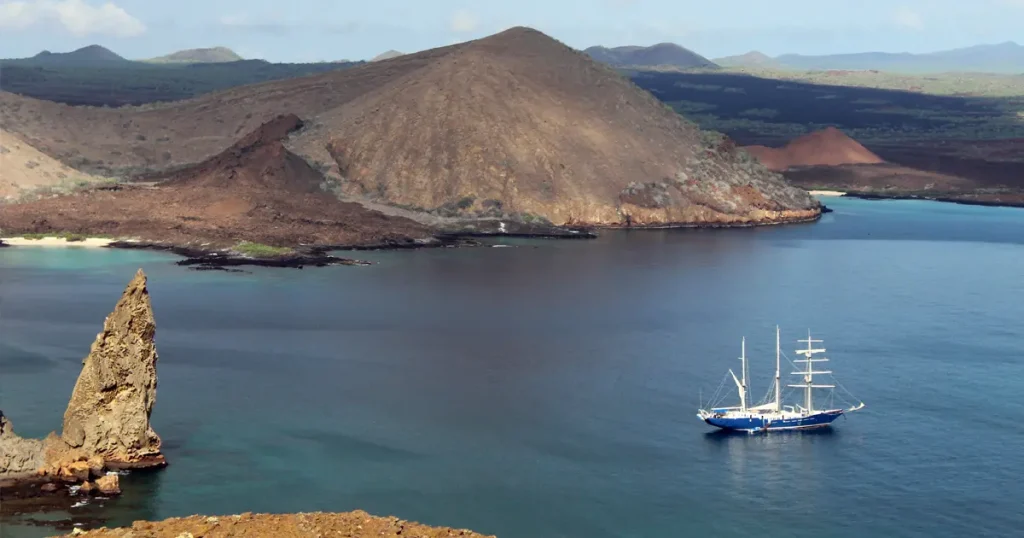Urgent Measures being Taken in Galápagos to Combat Avian Flu and Protect Biodiversity
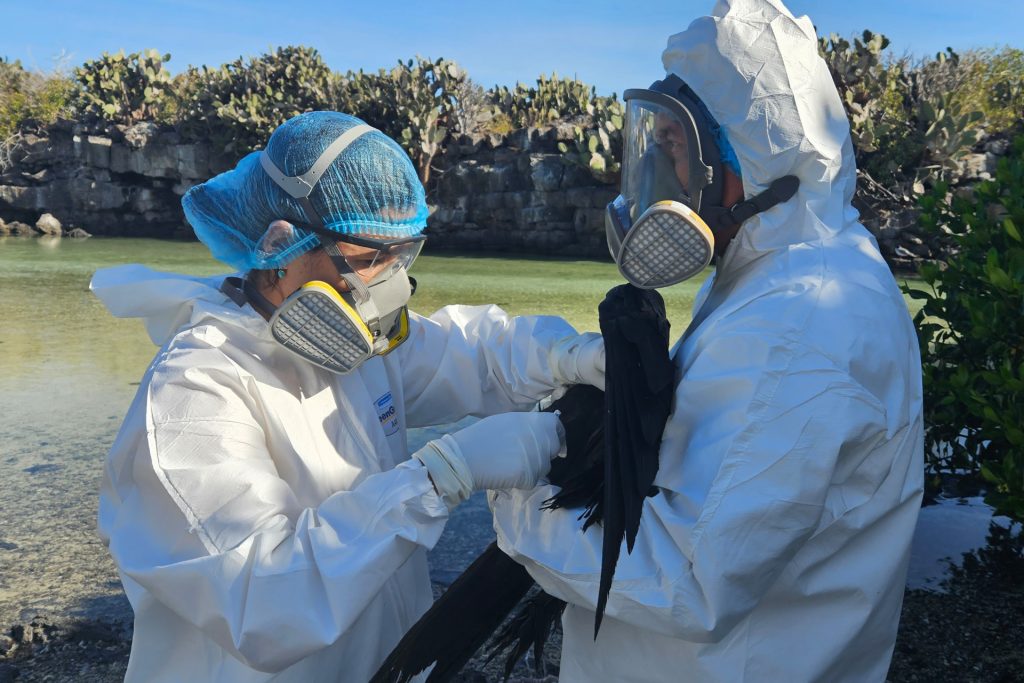
In response to the alarming discovery of afflicted marine birds in the Galápagos Islands, the Galápagos National Park Directorate has taken immediate action to investigate the cause and protect the region’s unique biodiversity. Three bird specimens have tested positive for avian influenza H5N1, prompting urgent measures.
Immediate Actions Taken
Following the discovery, the Galápagos National Park Directorate acted swiftly to identify the cause. Samples collected from sickly birds were sent to the National Institute of Public Health Research in Guayaquil for validation.
Biosecurity Measures Implemented
The Galápagos National Park Directorate and the Agency for the Control and Regulation of Biosecurity and Quarantine for Galápagos have now enacted strict biosecurity protocols. Visitor sites with afflicted birds presented, such as Genovesa Island and Punta Pitt at San Cristóbal Island, have been closed. Additionally, tour operators have been urged to strengthen disinfection procedures for footwear and clothing for tourists entering and leaving visitor sites, as well as disinfecting outdoor common areas and tender boats used for passenger disembarkation, to prevent virus transmission.
Ongoing Monitoring
Park rangers and biosecurity agents are closely monitoring the habitats and nesting areas of endemic birds, such as Galápagos penguins and flightless cormorants. Naturalist guides and tour operators have been asked to intensify their observation of wildlife and report any anomalous behavior immediately via an established emergency line.
Public Advisory
The Galápagos National Park Directorate has issued an urgent call to the Galápagos community to refrain from handling sick or lifeless birds if encountered. To prevent the virus from spreading, a specialized team has been formed to collect and properly dispose following strict protocols of any deceased birds.
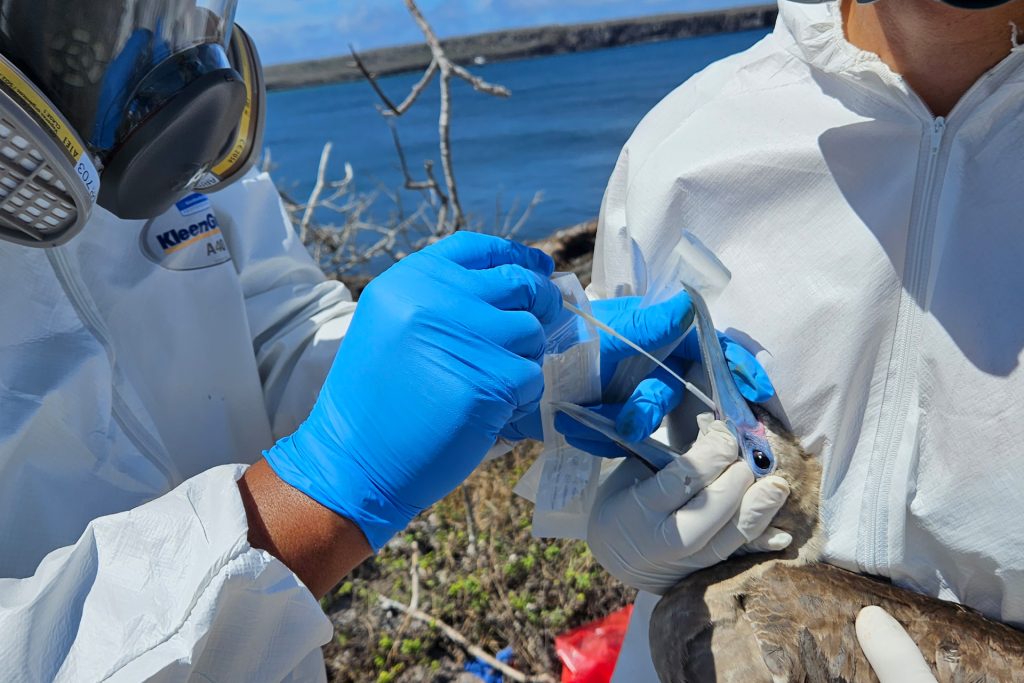
Galápagos Conservancy’s General Director, scientist Washington Tapia, is deeply troubled by the arrival of this virus in Galápagos and reaffirms our commitment to providing support for the implementation of measures that minimize its impact on this unique ecosystem. “We are on permanent alert regarding this issue, and we have full confidence in the ability of the Galápagos National Park Directorate and the Galápagos Biosecurity Agency to address this situation in a timely and effective manner,” emphasized Tapia.
